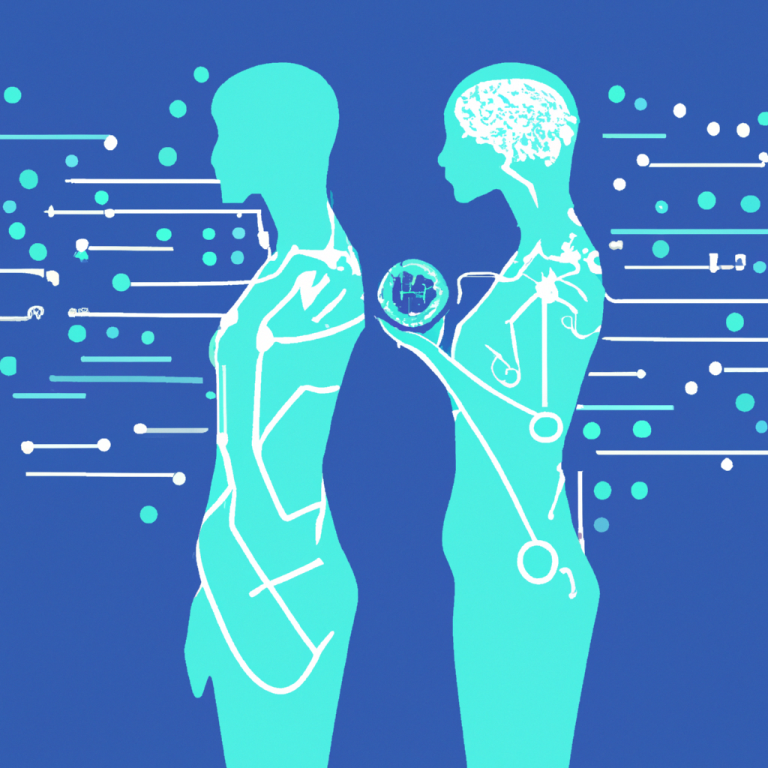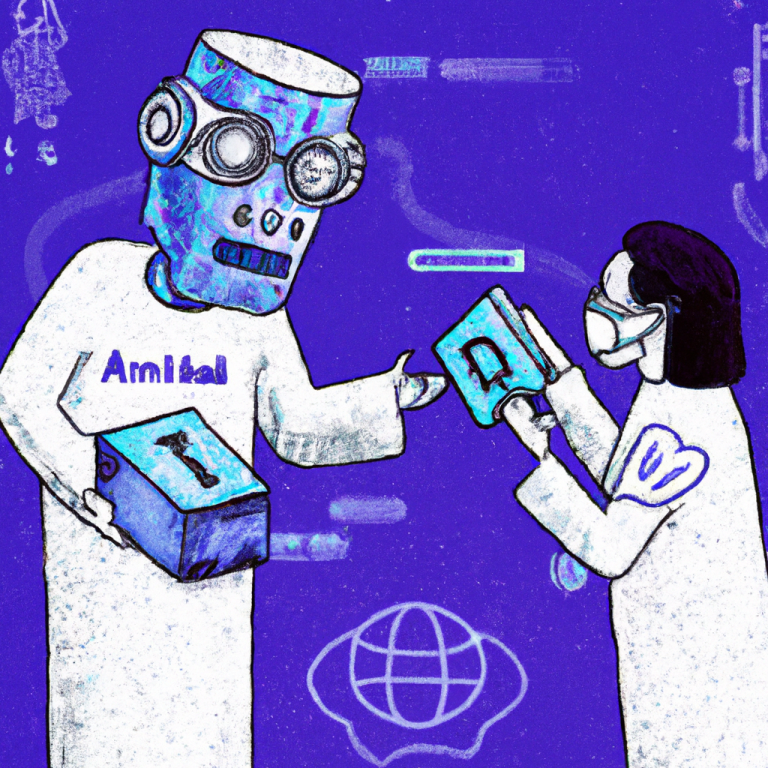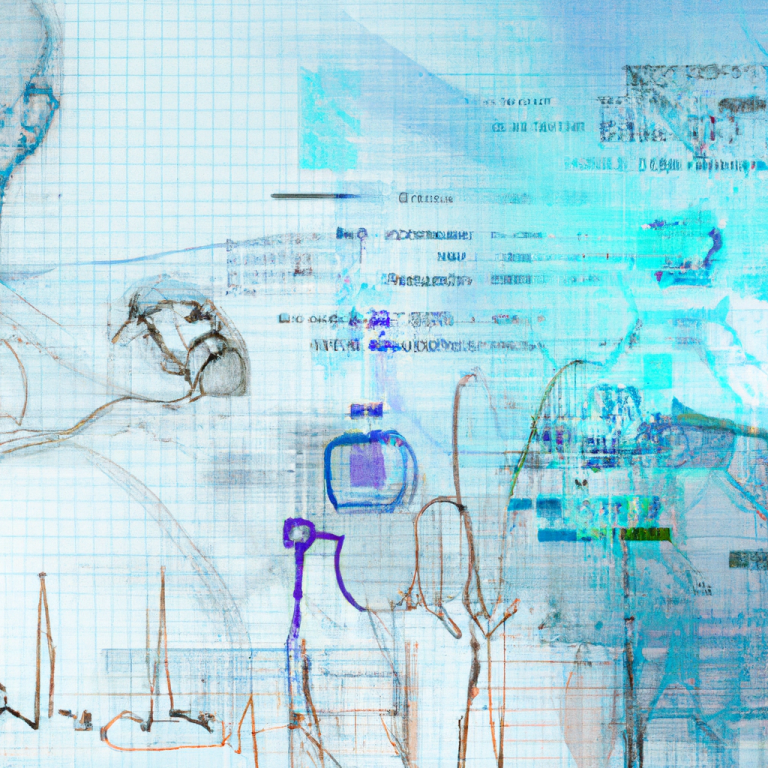Artificial intelligence, or AI, has become an increasingly popular topic in many industries, including healthcare. The increased popularity of AI is due to its ability to make processes more efficient, reduce costs, and improve patient outcomes. This article looks at the various applications of AI in healthcare, and how it can be used to transform the industry. AI can be used for a number of tasks in healthcare, such as analyzing large amounts of data to find trends or providing personalized patient care recommendations. AI can also be used for predictive analytics, which can help doctors better identify potential problems in advance. This can help save time and resources that would otherwise be spent on diagnosing and treating conditions. AI can also be used to improve processes and outcomes in healthcare, such as reducing surgical errors and increasing the accuracy of diagnoses. AI can also be used to help improve the patient experience, such as by providing virtual care services and providing more personalized information regarding a patient’s care. For example, AI can be used to provide more personalized treatment plans and recommendations, and even to offer individualized advice. AI can also be used to streamline administrative processes, such as prescription filling and appointment scheduling. AI can also help prevent medical errors and improve patient outcomes by helping to spot abnormalities in medical images. AI can also help automate the intake process for patients, as well as provide personalized healthcare plans for individual patients. Overall, AI has the potential to revolutionize the healthcare industry, and it is only a matter of time before its applications become commonplace. AI can help improve the speed and accuracy of diagnoses, reduce errors and improve patient outcomes, and make medical processes more efficient. As its use becomes more widespread, AI will become an invaluable asset to doctors, nurses, and other healthcare professionals in providing the best possible care to their patients.

AI in Healthcare: Benefits, Concerns, and Ethical Considerations


